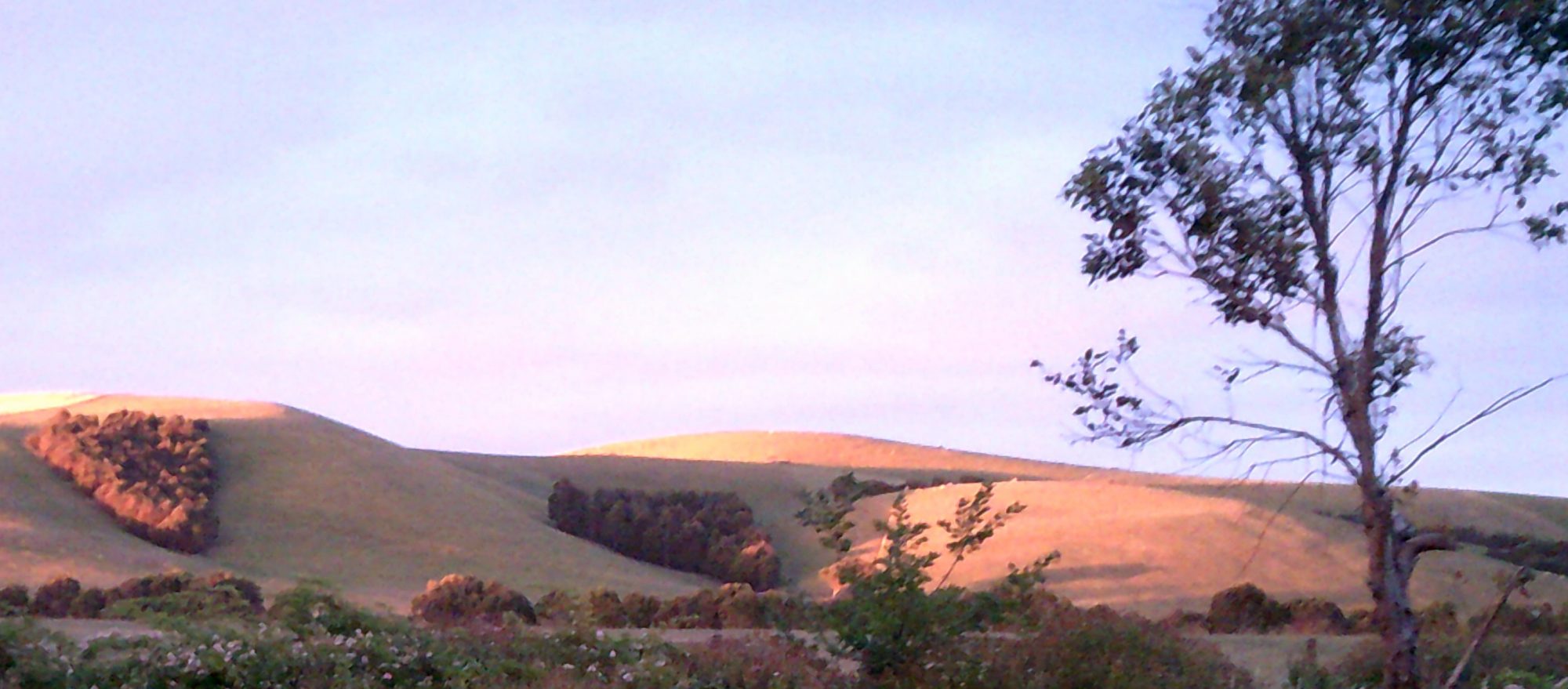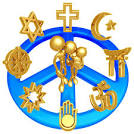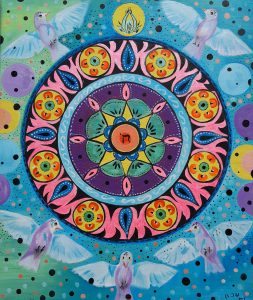Mandala by Yishkah
I have to wonder how many people would call themselves an environmentalist, but they would not claim to be religious. Yet the fundamentals of elevating the environment to a transcendental position are the same as those involved in most religious practices. When we hold something dear to us, we become part of an existential whole whereby we are transcending our own subjectivity (anthropocentricism). We are, in other words, transcending materialism and seeking a different kind of experience. (We develop all our relationships in relation to others). Experiments have shown that animals do this a lot better than humans. Many religious practices rely on the ancient texts, and instead of invoking the need to reinterpret the texts based on our experiences, we condemn all religious practices. Religions need to evolve like everything else. Our indigenous brothers and sisters have adapted their religions far better than most and they have done so without losing the primary meaning of honouring the Earth, the universe, life and their ancestors. These are all religious practices. Science ,and in particular quantum physics, has prompted us to examine human consciousness and the possibility that the universe might also have a level of consciousness. NASA has found that some sounds in the universe replicate the human heartbeat. Some people have likened this to the heartbeat of God.??? This gives rise to the most common of questions. What or who is God? Certainly not an old man with sitting on a cloud somewhere. However, critics dismiss the existence of God before asking what is God? God, and its many variations, is the name for something we cannot see and do not understand. Humans love naming things! Anyone who believes in the existence of the universe is actually believing in God, which makes the whole protest against religion seem a bit silly and unwarranted.


